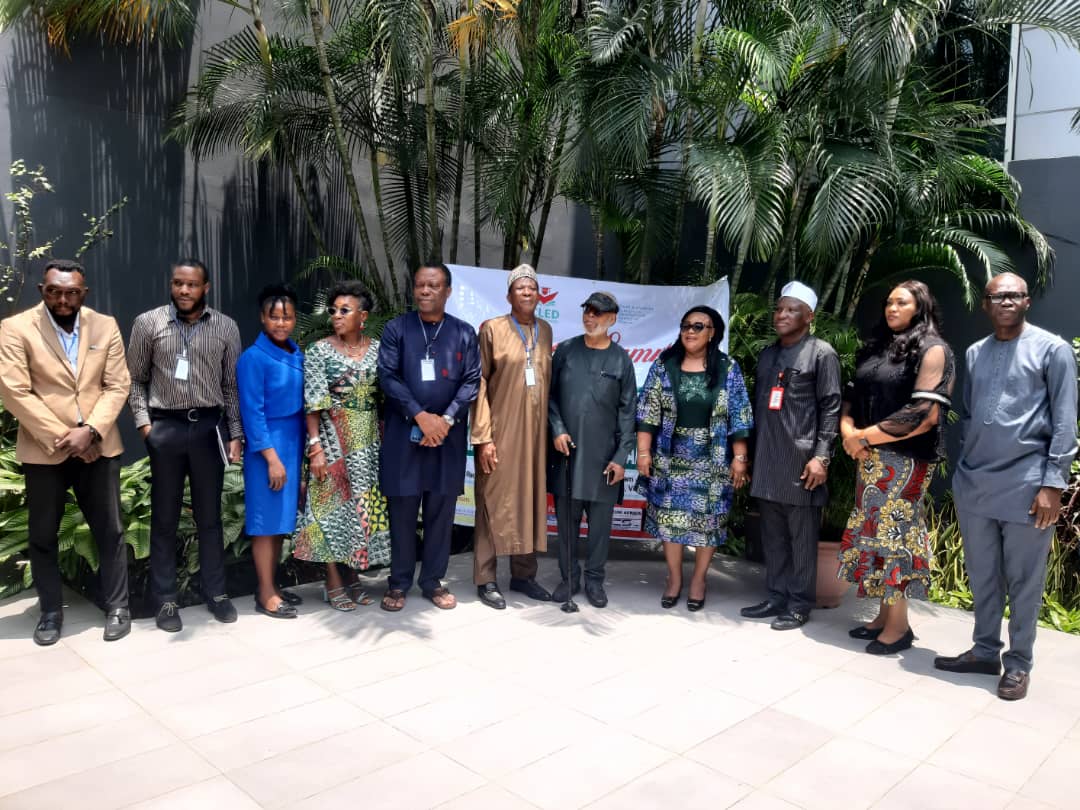
ICLED COLLABORATES WITH SMEDAN, SAYS MSMEs MUST ADAPT TO TECHNOLOGICAL CHANGE
The President of the Innovation Centre for Leadership and Entrepreneurship Development, Olajumoke Familoni, has said that the Micro, Small and Medium Enterprises must adapt to technological change as it is a driving force for innovative, inclusive and sustainable growth in business. noted that Africa was the next business frontier, as had been forecasted, and hence, the need to prepare before it happens.
This was mentioned on Wednesday at the two-day MSMEs Business Summit held in Lagos by the ICLED in partnership with SMEDAN.
“How do we take advantage? We have to be intentional about adapting to the technological change and the change in the business landscape.
“The pandemic caused by COVID-19 has brought about disruptions and a new reality of a resilient global business environment in which MSMEs must operate and source for ways of thriving.
“Digital transformation is a driving force for innovative, inclusive and sustainable growth.
“Innovations and digitization are stimulating job creation and contributing to addressing poverty, reducing inequality, facilitating the delivery of goods and services and contributing to the achievement of Agenda 2063 and the Sustainable Development Goals,’’ she said.
Meanwhile, the Micro, Small, and Medium Enterprises ecosystem’s players were also, tasked by the Small and Medium Enterprises Development Agency of Nigeria to foster an environment that is more conducive to MSME development, success, and economic contribution.
This instruction came from Olawale Fasanya, the chief executive officer of SMEDAN, who stated that the most recent survey the agency conducted with the National Bureau of Statistics in 2017 revealed that Nigeria had about 41.2 million MSMEs and that in 2020, there will be about 39.6 million. The summit’s theme was “Renewing MSMES in Nigeria: Navigating Disruption and Embracing Change in the New Digital World.”
He further stated that COVID-19 cost the nation three million people.

According to Fasanya, who was represented by Friday Okpara, a director at SMEDAN, 96.9% of the 39.6 million MSMEs in 2020 will be NANO and microbusinesses.
He said, “that is to tell us that 3.1 per cent is just small and medium sized; and that is a big job for those within the MSMEs ecosystem.
“Especially SMEDAN, Standards Organization of Nigeria, Nigerian Export Promotion Council, National Agency for Food and Drug Administration and Control, amongst others.
“We should see to how we can mainstream these 96.9 per cent micro enterprises to small and medium sized; and if you look at the type of crisis we are having in terms of youth unemployment and we say we have 39.6 million MSMEs, assuming we employ one each, a lot will be off the market.
“This is part of the mandate of the agency to ensure that we have the capacity to make a small legion of that to enable them contribute more to the GDP.’’
He continued by noting that although the MSMEs had contributed an encouraging 46.31 percent of the nation’s GDP, more needed to be done.
“Their contribution to exports is very minimal compared to India that has about 42.5 per cent contribution of MSMEs to exports; equally in 2017, their contribution to export was about 7.27 per cent but the 2020 figure has shown us that there is a decline to 6.21 per cent.
“This means that SMEDAN should collaborate more and partner more with the Nigerian Export Promotion Council to enable us to have more MSMEs, especially with the recent Africa Continental Free Trade Area in which Nigeria is a big player among the 64 African countries,’’ Fasanya said.
Stephen Aliu, Team Leader at the Centre for Entrepreneurship Development and Wealth Creation and Faculty Member at the ICLED Business School, stated that supporting the growth and development of MSMEs will necessitate the adoption of best practices similar to those used in other regions.
“SMEs often face challenges in accessing finance due to limited collateral or credit history.
“Governments and financial institutions should develop tailored financial products such as microloans, venture capital funds, or crowd funding platforms to provide affordable and accessible financing options for SMEs.
“Additionally, promoting financial literacy and offering business advisory services can help SMEs improve their financial management capabilities.
“Simplify regulations and reduce bureaucratic barriers, enhance entrepreneurship education and training, foster innovation and technology adoption, facilitate market access and internationalization and build supportive ecosystems.
“Implementing above practices concomitantly by governments, regulatory agencies and other stakeholders can create an enabling environment for SMEs to thrive, be resilient, contribute significantly to economic growth, and create employment opportunities,’’ he said
